Made up of a series of ambiguous scenes, characterized by choreographed synchronicity that is almost too comic to ignore, Palestinian filmmaker Elia Suleiman’s latest film It Must be Heaven presents audiences with a refreshing commentary on the Palestinian situation.
Screened as part of Zawya’s Cairo Cinema Days program, which takes place throughout March and showcases feature films produced across the MENA region, It Must be Heaven is but one of the many films to be screened. The selection of films offer a different perspective on the social, political and cultural realities of the Middle East and North Africa – one that is sourced from people who call this side of the world home, rather than being filtered by Western ideals and ideas.
In his latest feature film, Suleiman – who plays himself – reflects on what the situation is like in Palestine by drawing parallels with other parts of the world, more specifically well-known western cities to which he travels to in the film. He attempts to draw parallels in the sense of the almost laughable stance of authorities in various parts of the world, as well as the way in which the west views Palestine and vice versa.
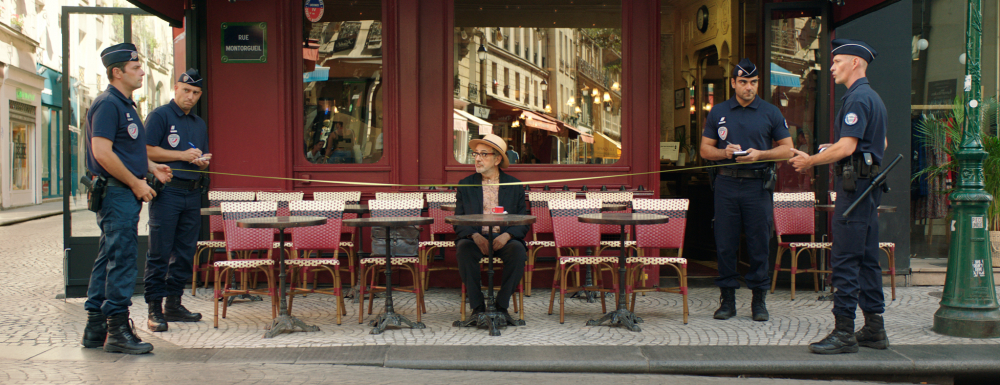
In the film, Suleiman travels to Paris and New York in order to meet with producers who might be interested in a film he has written about Palestine – in both cases however, his film idea is dismissed in that it is not ‘Palestinian’ enough or even disregarded altogether as it does not seem interesting enough of a topic.
Suleiman’s character idly watches the world go by throughout the film, silent and only very slightly reactive to the various absurd situations that unfold. Back home, he has daily encounters with his bickering neighbor who is planting lemon trees in their communal garden, in addition to – at some point – finding himself driving alongside a car in which two Israeli soldiers are seen exchanging sunglasses in precise synchronicity as a blindfolded Palestinian woman sits in the backseat.
These long, silent scenes seem to be dragged out slightly longer than they should, each of them however, carrying subtle underlying messages. Although the various scenes that make up the film seem to create an overall slower pace to the film as a whole, they are delightfully shot and aesthetically mastered.
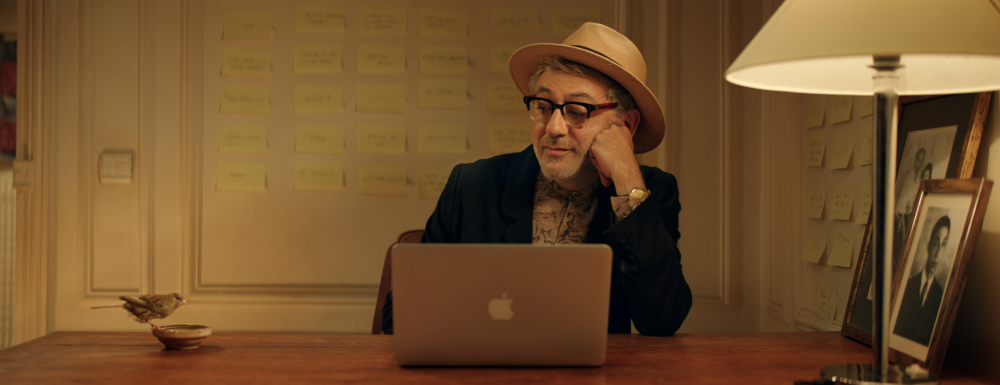
When in Paris, there was a particular scene in which Suleiman watches a young thief running from the police outside his bedroom balcony. The thief throws what he stole under a car; following this, we see three policemen on segue-ways seemingly running after the thief, and then stopping at the car to search the vicinity. The scene plays out like a choreographed dance piece in a way, with the policemen gracefully moving in unison – it seems almost like a joke.
In New York, a particular stand-out scene is one that acts as a reflection perhaps on how those in the Middle East might view America. Suleiman is at a supermarket, and he seems to be bewildered by the fact that everyone around him is nonchalantly carrying arms – even entire families. The matter-of-fact way in which the scene plays out is both shocking and laughable.
The satire Suleiman chooses to work with in his film is a novel approach in commenting on political situations. Throughout the film characters seem oblivious to their actions, authority or security figures seem to be blindly following routine and everyday figures seem to care more about dinner reservations rather than hearing what others might have to say.
Towards the end of the film, Suleiman returns home to find that life carries on exactly how he left it. As an audience member, perhaps the very essence of the film lies in the mundane daily activities that take place back in Suleiman’s hometown.
From watering the garden to dancing at a local night club it is these very activities that reflect on a society, just like any other, in which people are just living day to day. In a way, It Must be Heaven seems to offer a doorway to the universal aspects that tie us altogether, rather than focusing on that which divides us.
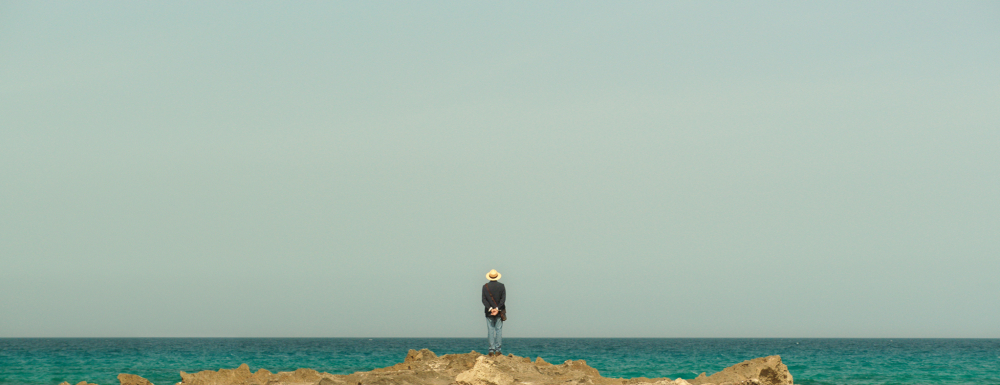


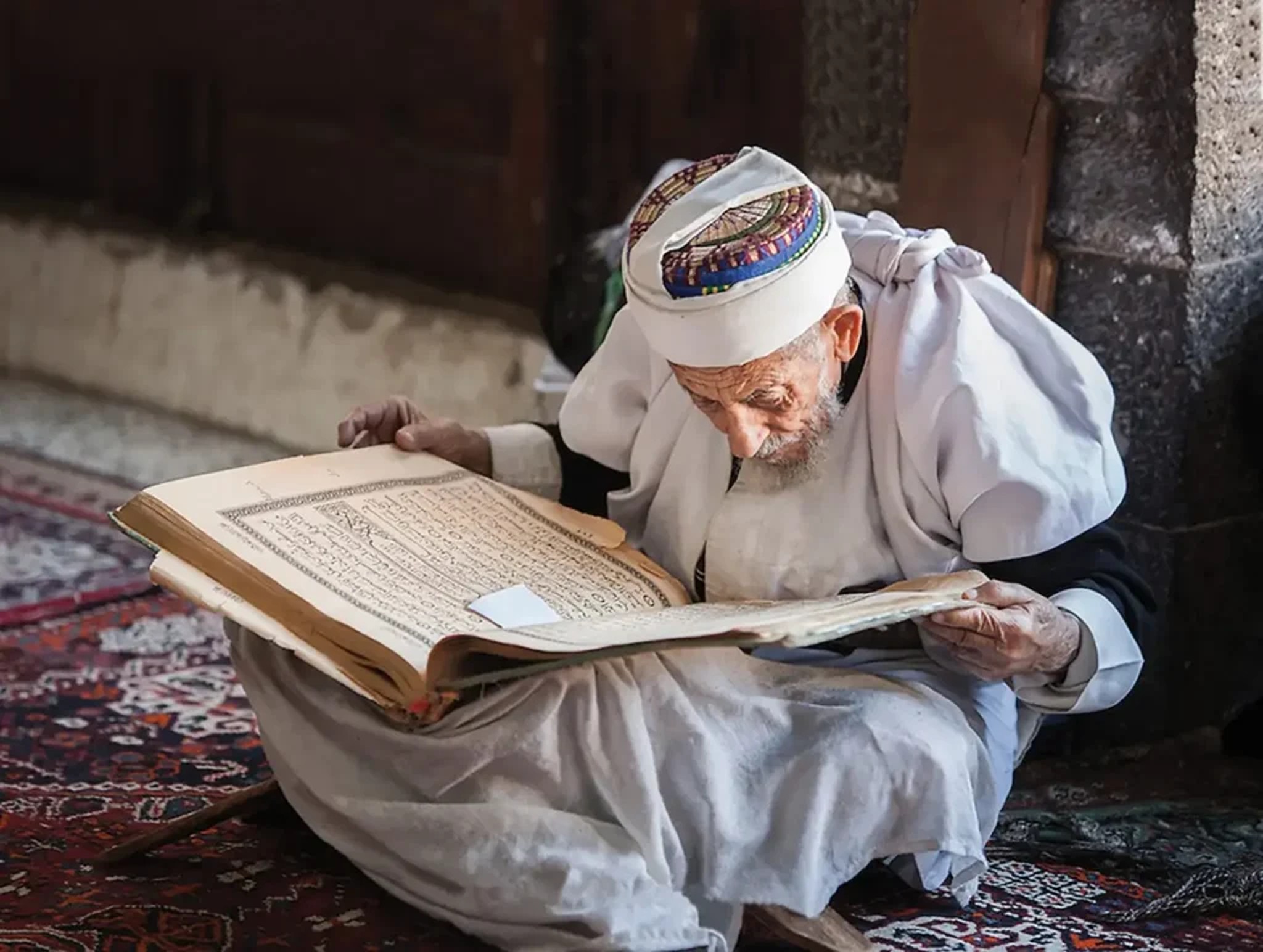


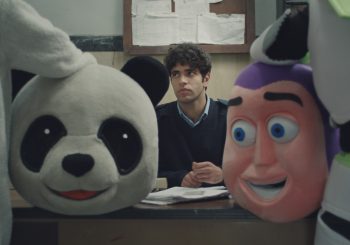
Comments (0)